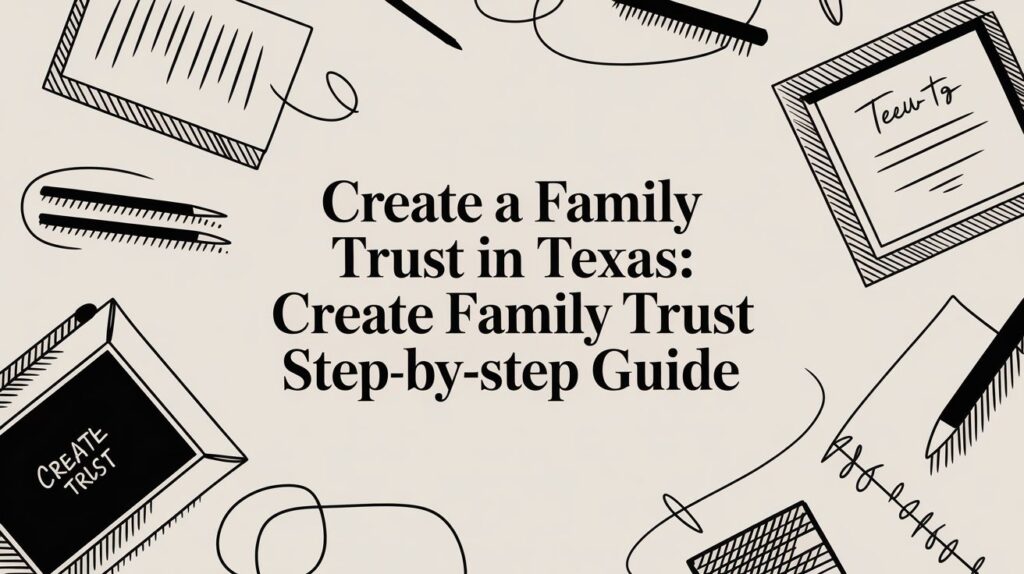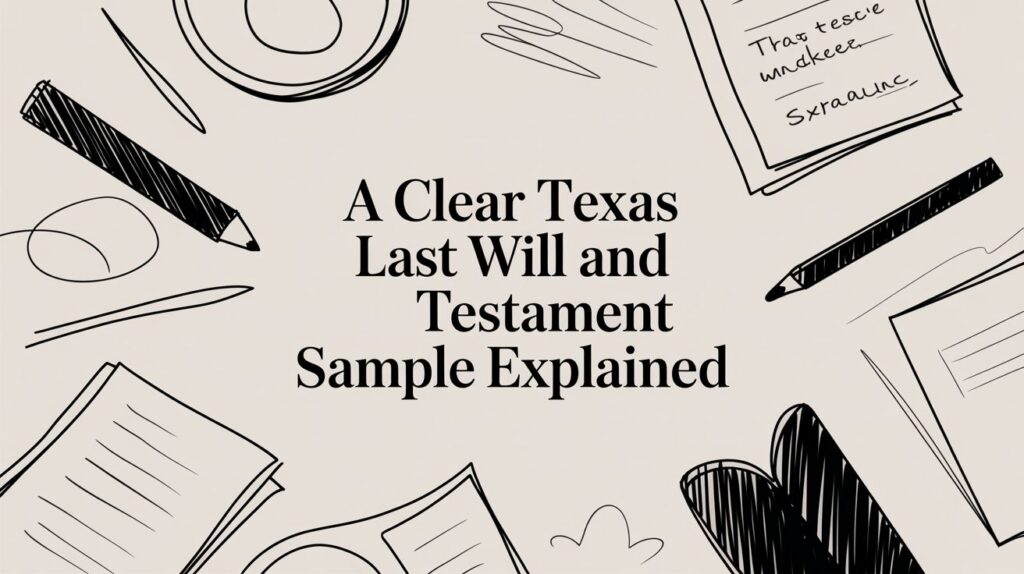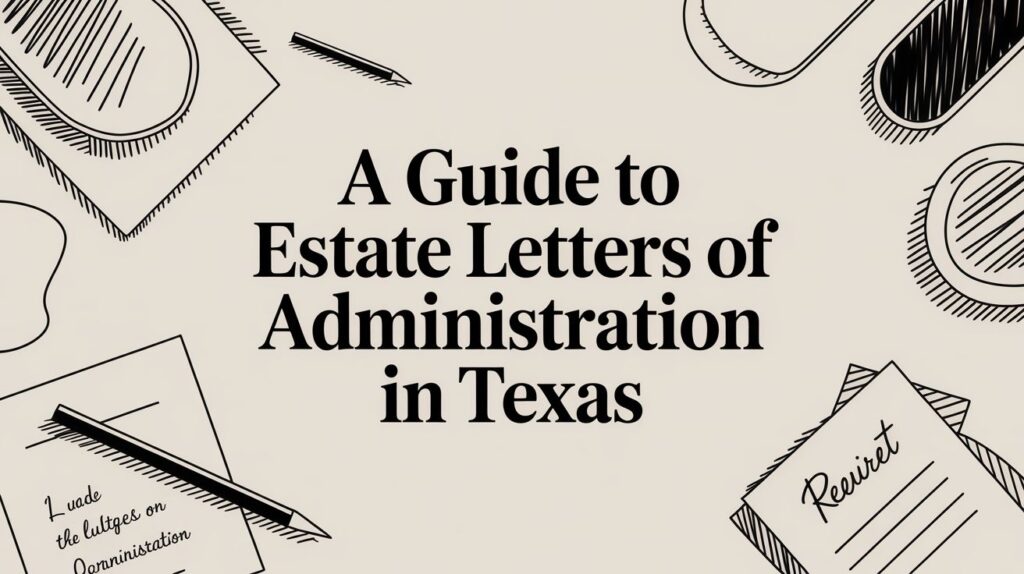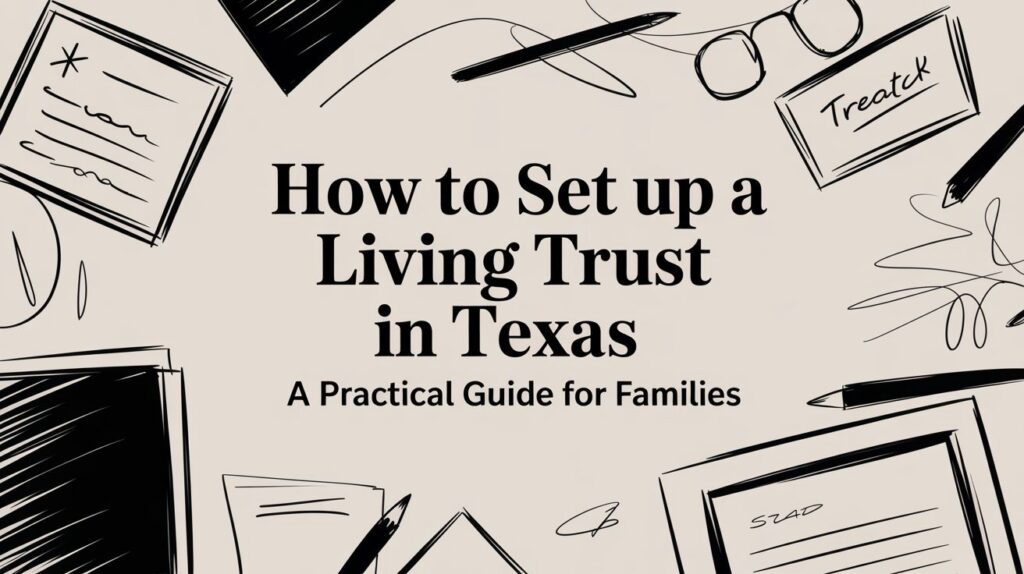When someone passes away, the legal process of settling their estate begins—and that process isn’t the same across all fifty states. If you’ve ever wondered how long probate might take, or why it drags on for some families but not others, the answer often lies in geography. This is where a state-specific probate timelines comparison becomes not just helpful but essential. The probate system is built on state statutes, which means timelines can range from a few months to several years depending on where the case is filed.
Each state has its own probate court rules, notice requirements, filing deadlines, and shortcuts for smaller estates. For families navigating grief while also dealing with lawyers, paperwork, and creditors, knowing what to expect from your state’s timeline can reduce stress and avoid costly missteps. Without this awareness, delays can pile up—causing hardship for beneficiaries and confusion among heirs. That’s why understanding the process ahead of time is more than just smart—it’s necessary.
In this article, we’ll provide a comprehensive state-specific probate timelines comparison, focusing on several key states and how their processes differ in duration, complexity, and efficiency. We’ll break it down in an easy-to-follow way—using real stories, state laws, and plain talk instead of courtroom jargon. Whether you’re planning an estate or currently in the probate process, this guide will help you see how the rules shift from state to state. It’s all about helping you navigate probate with clarity and confidence.

Why Probate Timelines Matter So Much
It’s About More Than Just Paperwork
The probate process handles everything from validating a will to paying off debts and distributing what’s left to heirs. That means the longer probate takes, the longer loved ones are left in limbo. Bills stack up. Properties sit vacant. Heirs grow frustrated.
Understanding the differences through a state-specific probate timelines comparison lets families plan better and even influence how they set up their own estate plans.
Real-life example: When Maria’s uncle died in California, probate took nearly 18 months. But when her mother passed in Arizona, the estate was settled in under 5 months thanks to streamlined procedures for small estates. This contrast illustrates why state laws make a big difference.
Key Factors That Impact State-Specific Probate Timelines
It’s Not Just the Law—It’s the Local System
Several factors influence how long probate takes in a given state:
- Whether the decedent had a valid will
- State-specific notice and waiting periods
- Court backlogs and judge availability
- Use of simplified probate procedures
- Size and complexity of the estate
- Whether any heirs contest the will
As you read through this state-specific probate timelines comparison, remember that no two probates—even within the same state—are exactly alike. Still, the laws and court rules set the tone for how quickly things can be resolved.
Texas Probate Timeline
A Balanced Approach With Flexibility
Texas offers a fairly efficient probate process—especially if the decedent had a clear will and appointed an executor.
- Initial filing: Can begin immediately after death
- Hearing to admit the will: 2–4 weeks from filing
- Letters Testamentary issued: Shortly after the hearing
- Creditor notice period: 60 days minimum
- Final distribution: Typically within 6–12 months
Texas also allows Muniment of Title, a unique shortcut when there’s a valid will and no debts—often settling the estate in just 2–3 months.
In a state-specific probate timelines comparison, Texas falls in the middle range: not the fastest, but certainly not among the slowest—unless disputes arise.

California Probate Timeline
Beautiful Weather, Backlogged Courts
California has a reputation for long, drawn-outprobate cases. Part of the issue stems from high population density and court overload, especially in counties like Los Angeles and San Francisco.
- Initial petition filed: 2–6 weeks after death
- Hearing scheduled: 45–90 days later
- Letters issued: After the hearing, if all goes smoothly
- Creditor claims window: 4 months minimum
- Final distribution: 12–18 months or longer
California does offer simplified procedures for small estates under $184,500, but the traditional probate path is notoriously slow.
Anyone doing a state-specific probate timelines comparison should be aware that California’s average exceeds one year unless the estate qualifies for a fast-track option.
Florida Probate Timeline
Streamlined but Strict
Florida is another populous state with its own approach to probate. The courts here are fairly efficient, though the laws require strict compliance.
- Filing after death: As soon as the death certificate is available
- Notice to creditors: Published for 90 days
- Formal administration timeline: 6–12 months
- Summary administration: For small estates, 1–3 months
The use of summary administration in Florida is common and efficient, which brings down average timelines significantly for estates valued under $75,000 or when the death occurred more than 2 years ago.
Compared to other states in our state-specific probate timelines comparison, Florida ranks among the more efficient—especially for organized families with smaller estates.
New York Probate Timeline
Cautiously Conservative
Probate in New York is handled through the Surrogate’s Court, which has a reputation for methodical processing.
- Will submitted: 2–4 weeks after death
- Hearing date: Typically 4–8 weeks from submission
- Creditor window: 7 months to file claims
- Typical timeline: 9–15 months for simple estates
- Contested cases: Can last several years
Even though the system works well, delays often result from procedural issues—like missing signatures or disputes over executor selection.
New York’s position in a state-specific probate timelines comparison reflects a stable middle ground but with a slower pace due to cautious review and longer claim windows.
Illinois Probate Timeline
Efficient with a Clear Framework
In Illinois, the process tends to be straightforward—especially when there’s no family drama and the estate is under control.
- Filing: As soon as the death certificate and will are available
- Notice to creditors: Must be published for 6 months
- Inventory and appraisal: Within 60 days
- Typical distribution: 6–9 months
- Small estate affidavit: Available under $100,000

While the 6-month creditor claim period adds to the timeline, most estates can wrap up within a year. Illinois probate courts are known for clarity and responsiveness.
In the context of a state-specific probate timelines comparison, Illinois often comes out ahead of states like California or New York, especially for uncontested estates.
Arizona Probate Timeline
Quiet but Quick
Arizona has quietly become one of the most probate-friendly states in the U.S. Its laws favor efficiency and early resolution.
- Probate filing: Within 2–3 weeks of death
- Informal probate: Common and can bypass court hearings
- Notice to creditors: 4 months
- Final closing: Often within 4–6 months
The state uses informal probate in most cases, which allows the personal representative to act without court supervision unless someone objects. This dramatically speeds up the process.
For those seeking efficiency, Arizona ranks near the top in any state-specific probate timelines comparison.
Washington State Probate Timeline
Optional but Time-Consuming If Required
Washington doesn’t require probate in every case, which is unique. If the estate qualifies as a small estate or the assets were jointly owned, families can skip it.
- If probate is needed: Can take 6–12 months
- Creditor window: 4 months
- Non-intervention probate: Available with court approval
Because probate is sometimes avoided altogether, Washington’s timeline can be extremely short—or stretch into a full year if court supervision is needed.
In our state-specific probate timelines comparison, Washington shows how flexible systems can create dramatically different timelines even within one jurisdiction.
Comparing States at a Glance
High-Level Overview
Probate timelines vary widely by state, making a state-specific probate timelines comparison crucial for effective estate planning. Texas averages 6–12 months with streamlined options like Muniment of Title and a 60-day creditor period. California faces longer delays—often 12–18+ months—due to court congestion, despite offering small estate shortcuts. Florida moves faster with 6–12 month timelines and a 90-day creditor window. New York takes 9–15 months, with a cautious court system and a 7-month claim period.
Illinois is relatively efficient at 6–9 months, while Arizona leads in speed, often wrapping up probate in 4–6 months. Washington offers probate flexibility and can bypass the process entirely in some cases. Given these differences in procedures, creditor deadlines, and court efficiency, aligning your estate plan with your state’s rules is key to avoiding unnecessary delays and complications.
How State Differences Affect Estate Planning
Planning Smarter with Probate in Mind
Knowing your state’s probate timeline doesn’t just help you prepare after someone passes—it can also inform how you set up your own estate.
For example:
- Texas residents may consider using a Muniment of Title to bypass full probate.
- Californians might lean toward living trusts to avoid long delays.
- Floridians often benefit from summary administration for estates under $75,000.
- New Yorkers should focus on ensuring their will meets strict procedural rules to avoid disputes.
When estate planning, use a state-specific probate timelines comparison to identify potential hurdles and structure your plan accordingly.

Final Thoughts on State-Specific Probate Timelines Comparison
Probate isn’t one-size-fits-all—and the state you live in plays a huge role in how smoothly (or painfully) the process unfolds. As this state-specific probate timelines comparison shows, everything from filing windows to court procedures to creditor deadlines can change dramatically based on location.
Whether you’re drafting a will, acting as an executor, or just trying to understand the system, learning your state’s rules is one of the smartest moves you can make. After all, when it comes to probate, time is money—and knowledge is power.
So do your homework. Ask questions. And if you’re managing an estate across state lines, always consult a local probate attorney to avoid missteps that could cost your family months—or even years.








